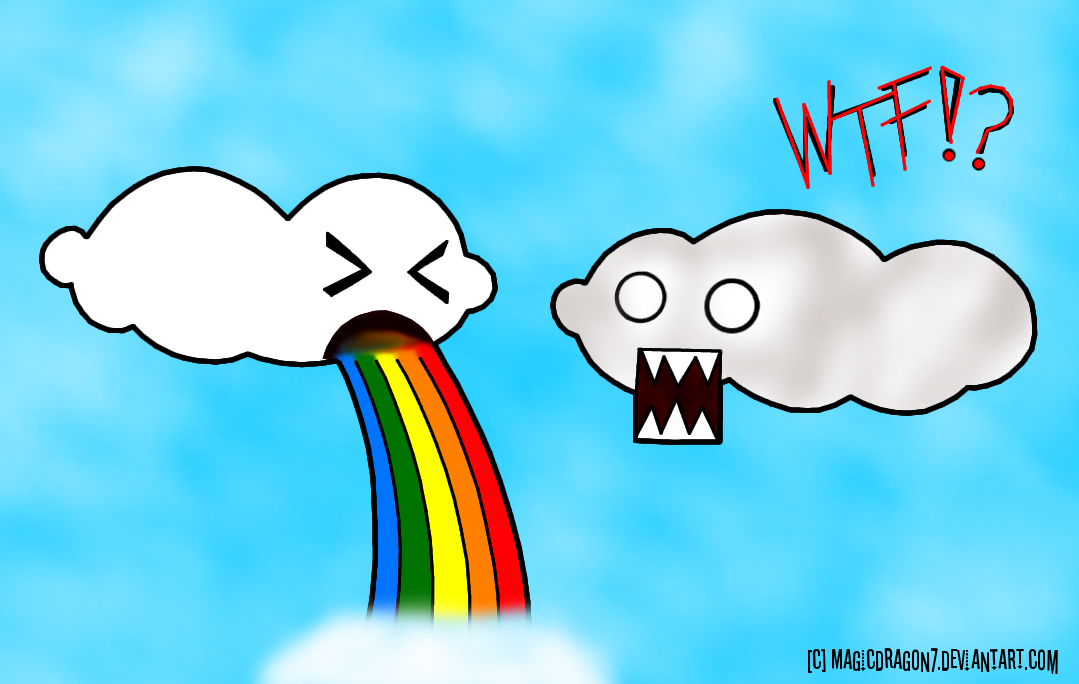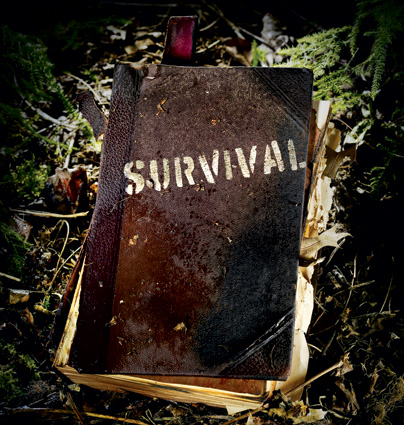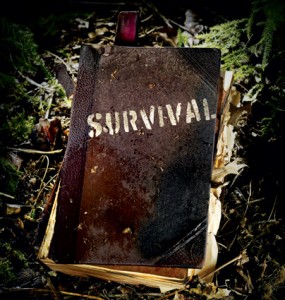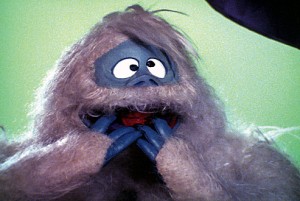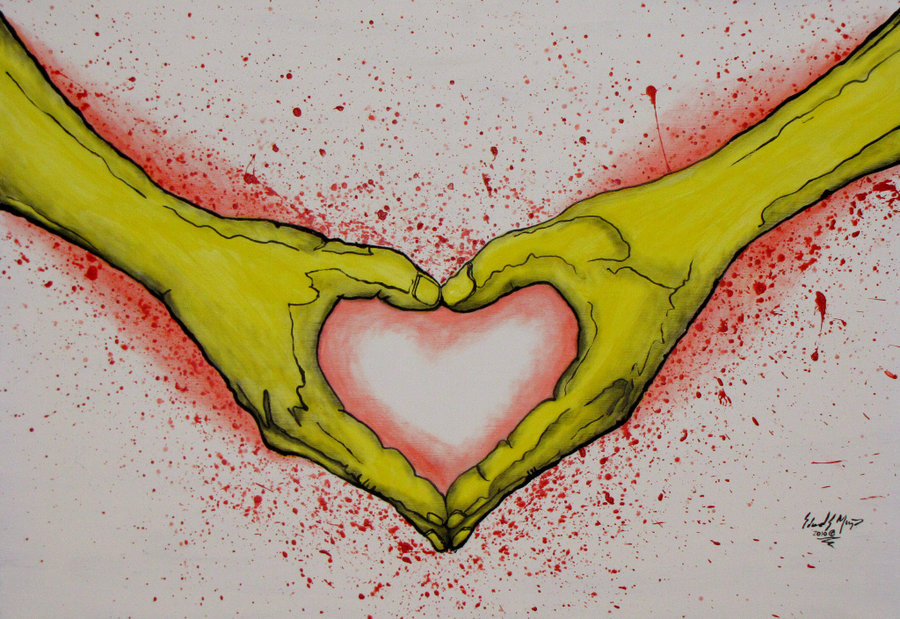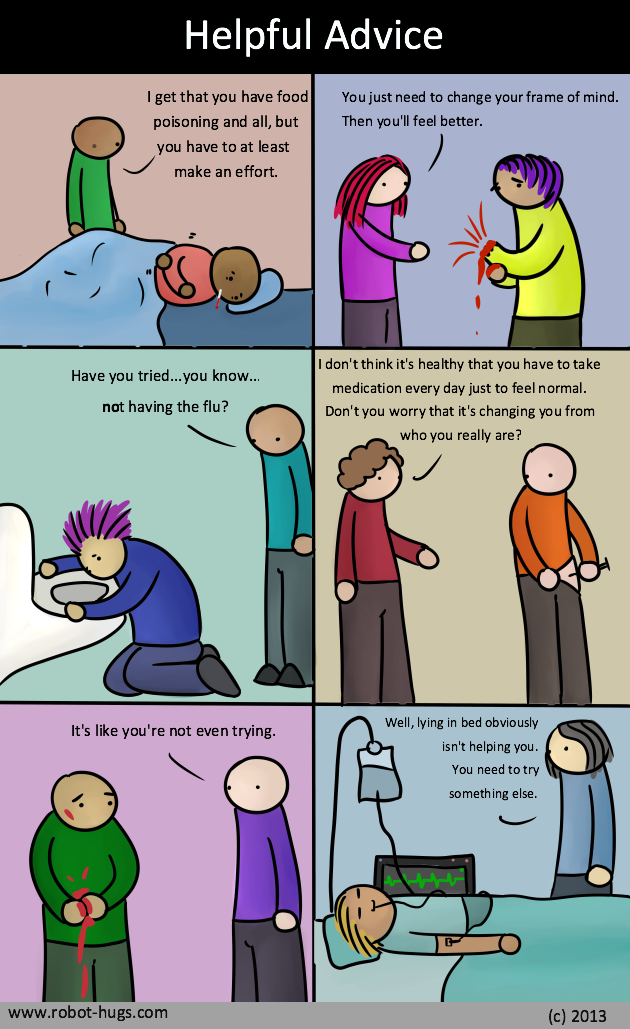This weekend the depression finally arrived. Given the scale of the crisis we’re all traveling through, I’m surprised it took this long. But it may have been exactly what I needed.
Mood Music:
Depression is often thought of as varying levels of sadness and feelings of emptiness. Those are certainly real and I’ve experienced it all. But what I went through this weekend wasn’t in that range. This was the tired variety of depression.
I’ve described this before as “happy depression” — your sense of purpose is intact and you remain fully aware of the good things around you. But you’re exhausted from the fight and a cloud descends over the mind.
In a weird way, I’ve come to see this type of depression as a defense mechanism, forcing me into low-power mode to recharge for the longer fight ahead.
That defense mechanism kicked in yesterday. I dozed a lot and watched a lot of TV. I allowed myself a few extra calories but remained within my Noom calorie budget. Overnight I slept harder than usual.
Now it’s Monday and I’m expecting another intense work week. The sky is overcast, which always dampens my spirits. Using the 5-stage depression scale I devised a few years ago by ripping off the 5 Stages of Grief, I figure I’m at 5 (acceptance), though I don’t know if I really experienced 1–4. It’s possible I have and it was mild enough in intensity that I didn’t notice.
I’m grateful that this is only a happy depression and not the crippling, empty variety of depression. I’m going to use my tools and try hard to keep it that way.
One impossible day at a time.

